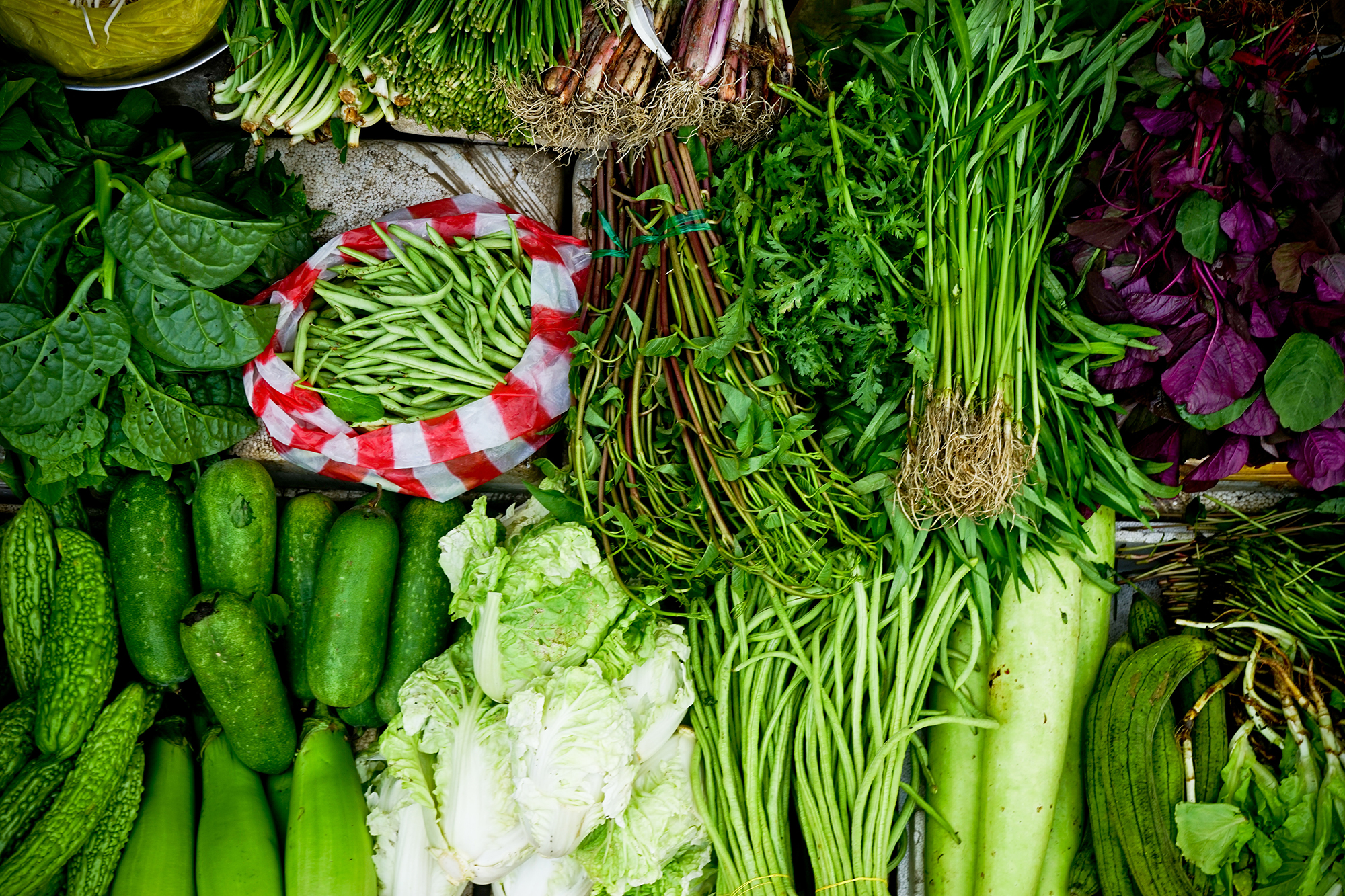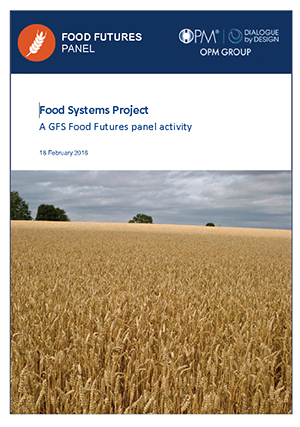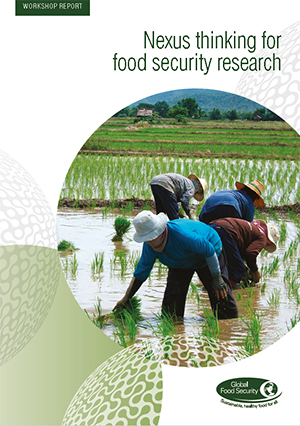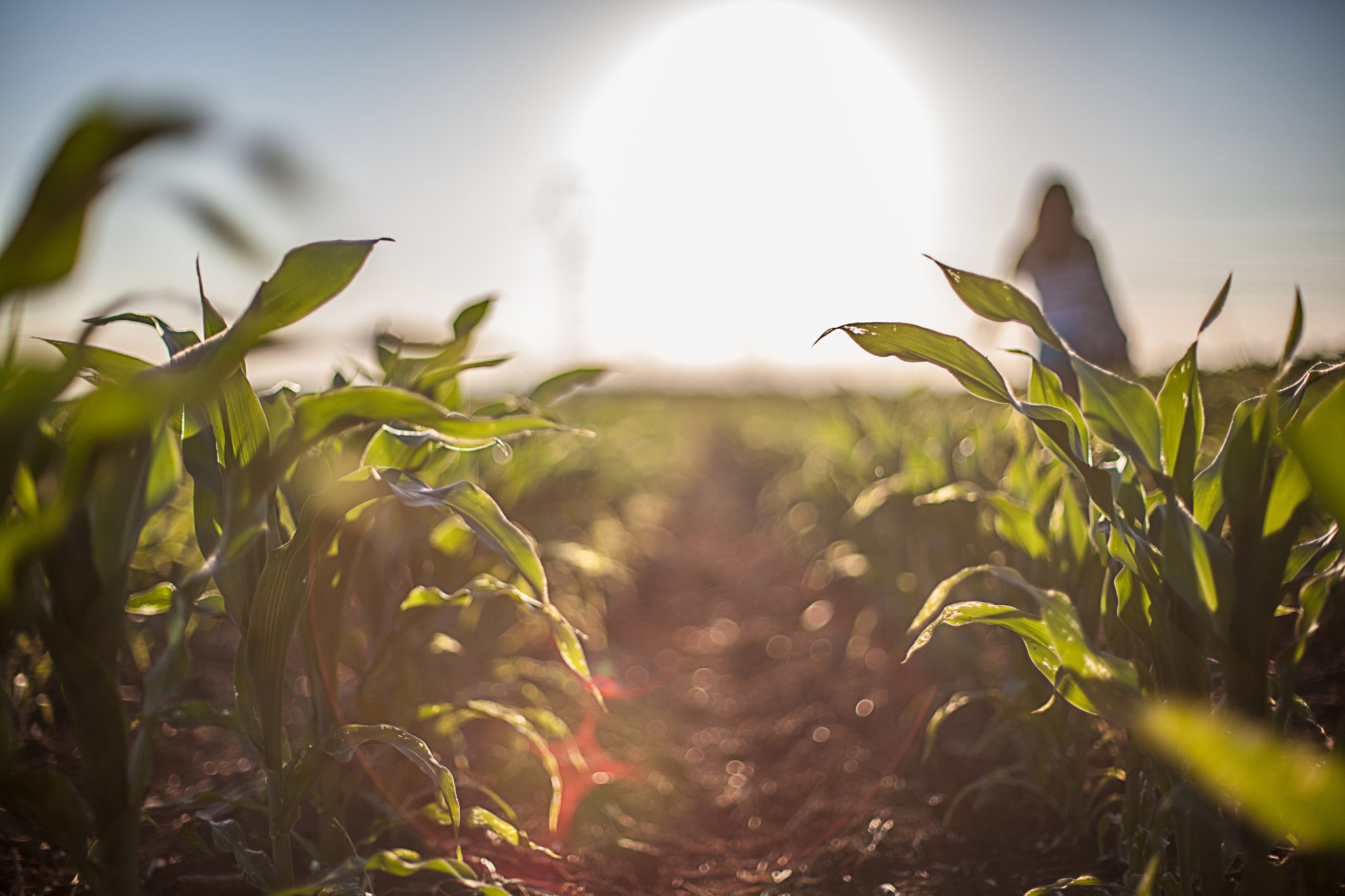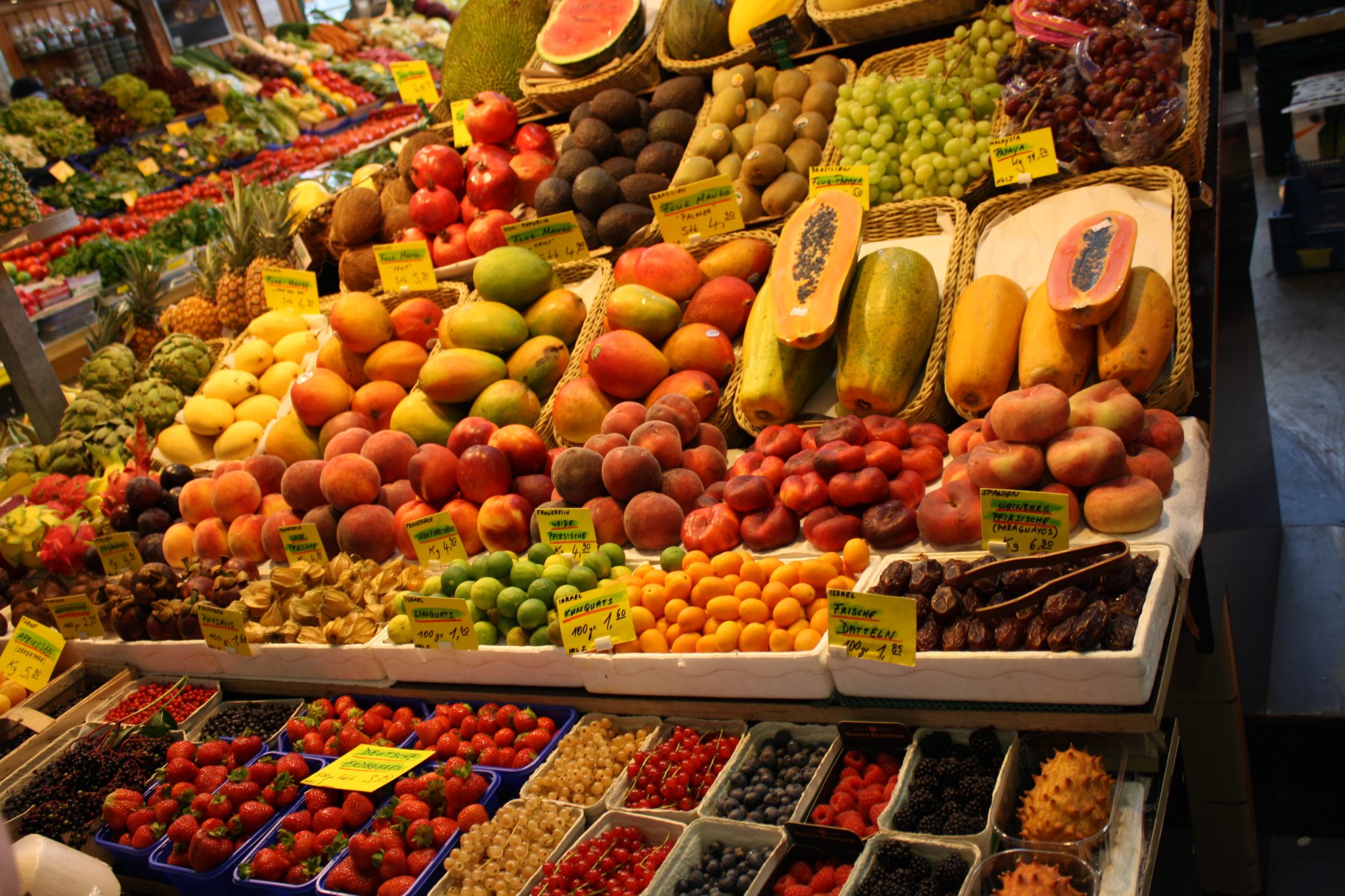
Setting the EU’s food security research agenda
GFS has played a leading role in discussions around the EU’s food security research priorities through the Expo event: Feeding the Planet, Energy for life. GFS led on the ‘EU research and global food and nutrition security’ discussion paper as part of an EU Scientific Steering Committee. This paper served as the basis for dialogue on food security research priorities with stakeholders at the Expo event.


